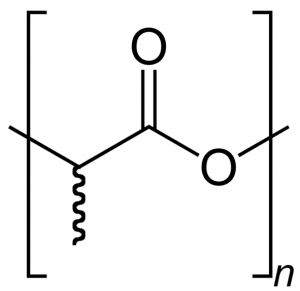
Biological Engineering has the potential to

South Korean scientists made waves in late 2009 when they announced their bioengineering breakthrough production of Polyactic Acid or PLA, a polymer used in everyday plastics. The research could lead to the economical development of environmentally friendly plastics. CNN picked up the story, as did the Economist. The paper was published in two papers in Wiley's Biotechnology and Bioengineering.
Professor Sang Yup Lee at the Korean Advanced Institute of Science and Technology (KAIST) led the team that engineered E. coli to produce PLA. They developed a one-stage process which produces polylactic acid and its copolymers through direct fermentation. This will make renewable production of PLA cheaper and more commercially viable. CNN quoted Lee:
"By developing a strategy which combines metabolic engineering and enzyme engineering, we've developed an efficient bio-based one-step production process for PLA and its copolymers,"

Now, Professor Lee will be presenting this process and other parts of his research in an SBE Webinar. His talk, "Systems Metabolic Engineering" will be presented on April 22, 2010 from 11a.m. to 12p.m. EDT. Professor Lee will discuss the paradigm shift in biological engineering and biotechnology research that has led to systems biology and synthetic biology being used to decipher and redesign microorganisms. Tune in to learn more about his research. More information is available here.
I expect systems metabolic engineering to become an essential technology for providing sustainable chemicals, fuels and materials in the future.
Do you have any thoughts on metabolic engineering? Please share.


